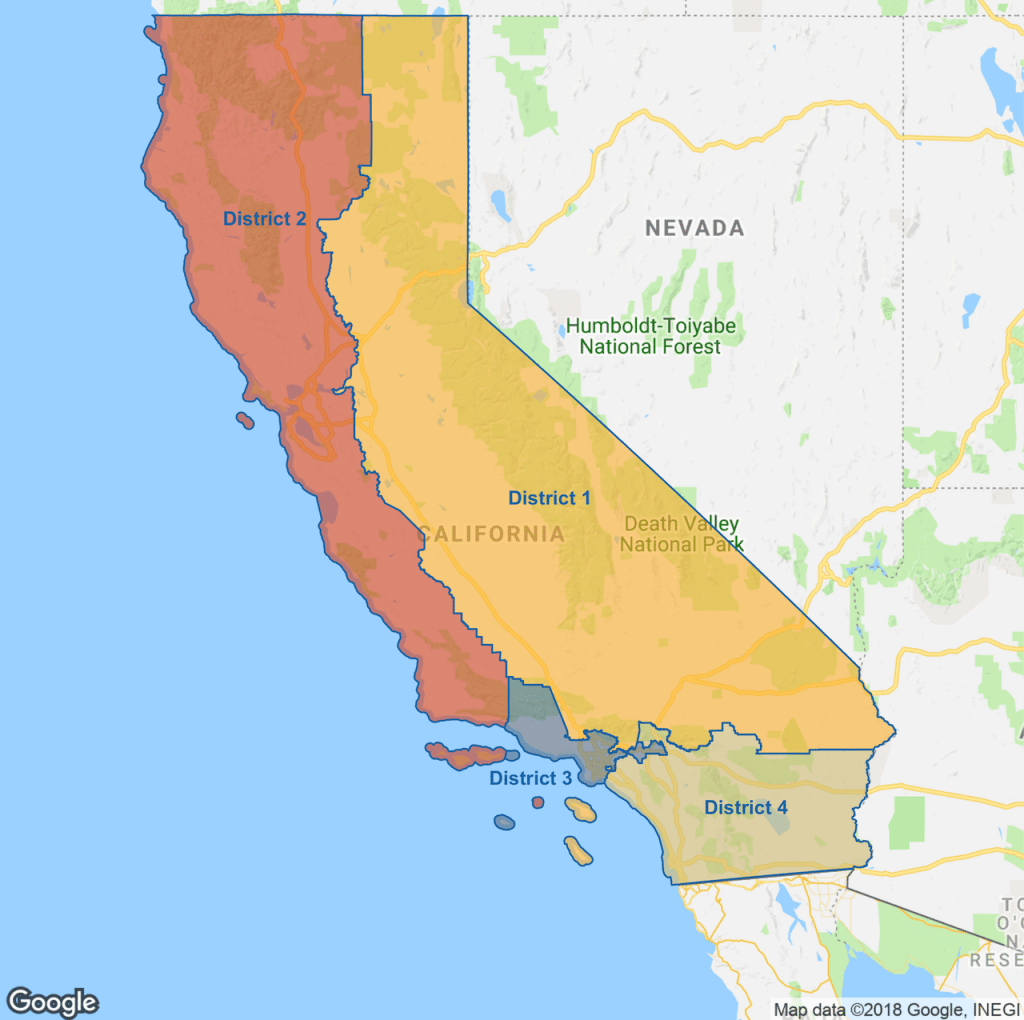
Board of Equalization
Job Description
The State of California is looking for citizens to serve on the only publicly elected tax commission in the United States!
…or, on what’s left of it, anyway.
New applicants are encouraged to review recent changes to state policy. While previous Board of Equalization members oversaw the collection of over $60 billion in taxes and managed a staff that numbered in the thousands, those responsibilities have since been pared down. Some might characterize these changes as a wholesale gutting of the board, an organization that many saw as redundant and chronically mismanaged. But applicants are encouraged to think of this as a “pivot to the board’s core strengths.” Yes, let’s go with that.
We will be filling four positions, one from each of the state’s Board of Equalization districts.
Job duties include:
- Ensuring that local property taxes are levied and collected in a legal and consistent way across the state (not all that complicated after voters passed Prop 13 in 1978)
- Setting rates for gasoline taxes and pipeline fees in accordance with state law
- Helping constituents navigate the tax bureaucracy
- Managing a staff of roughly 400
Perks include a competitive salary and benefits. Perks do not include the commandeering of nonpartisan technical staff for “parking lot duty” at sponsored political events.
Hiring Update
The Board of Equalization used to be the agency tasked with administering taxes on dozens of everyday items, setting rules to clarify tax law, and representing the voting public—divided into four equally-sized parts of the state—as arbiters in major tax disputes. Maybe you haven’t heard of the agency, but you couldn’t argue that this decision on the ballot wasn’t important.
But things have changed. Last year, lawmakers voted to strip the Board of most of its authority. The task of administering various special taxes was shifted to the newly-created Department of Tax and Fee Administration, while judging tax disputes fell to a new panel of judges. The move came in response to a state audit, which found that the agency had misallocated millions of dollars of tax revenue and that its elected members had misappropriated money for their own political projects.
















